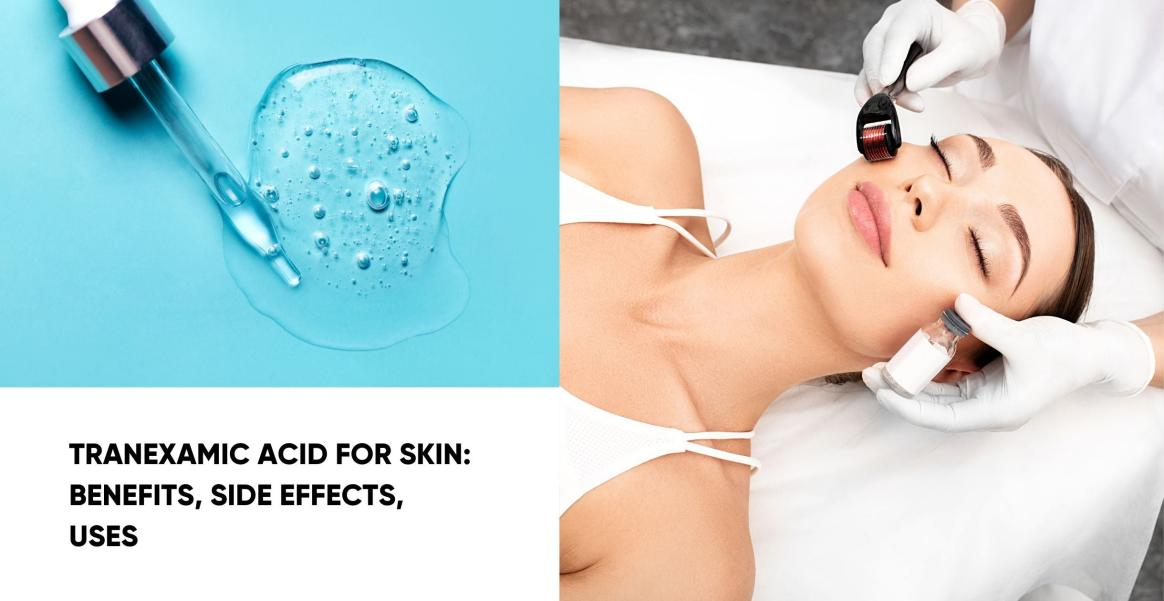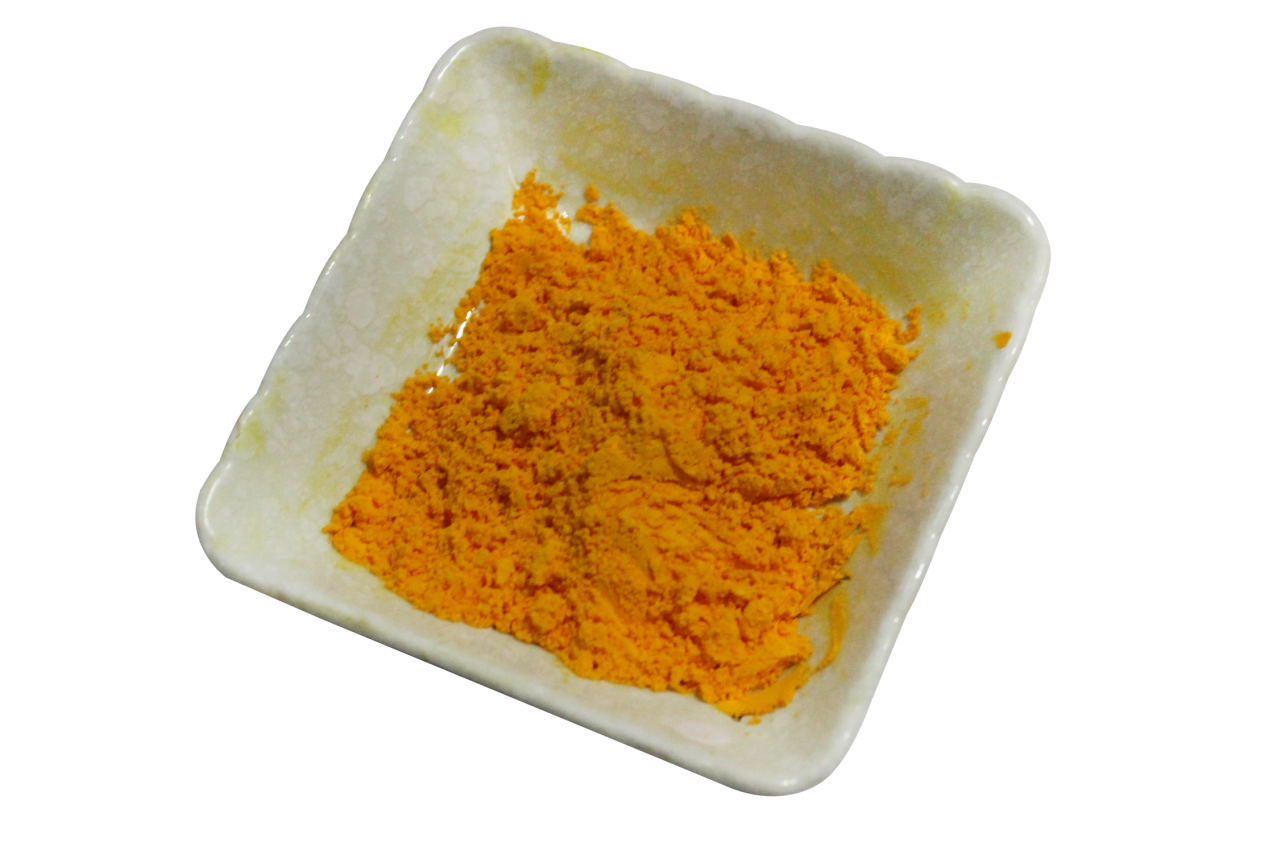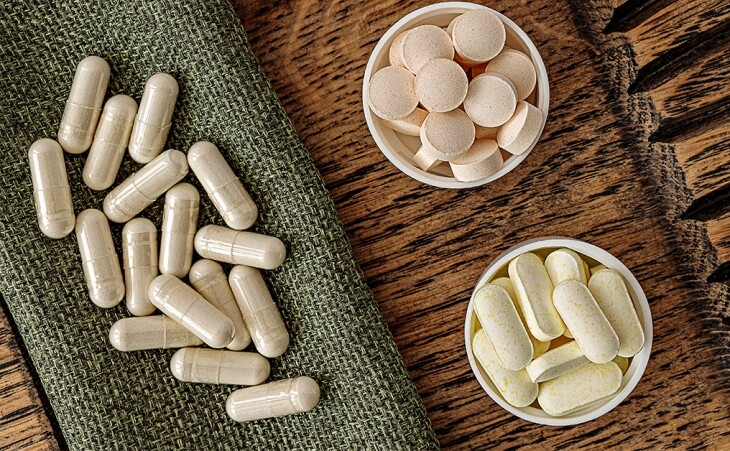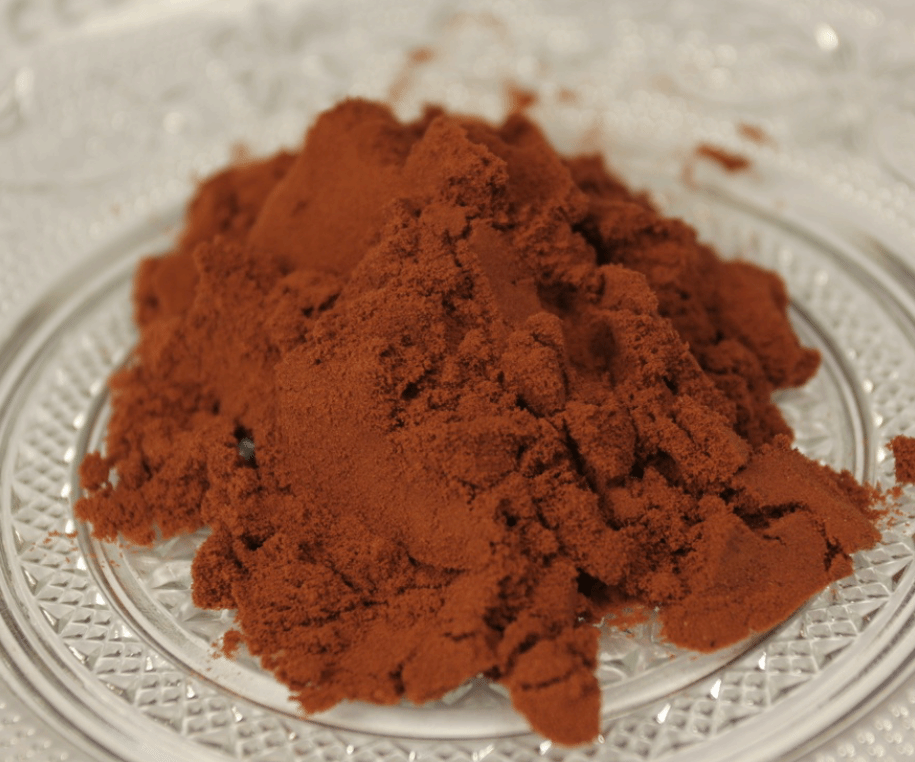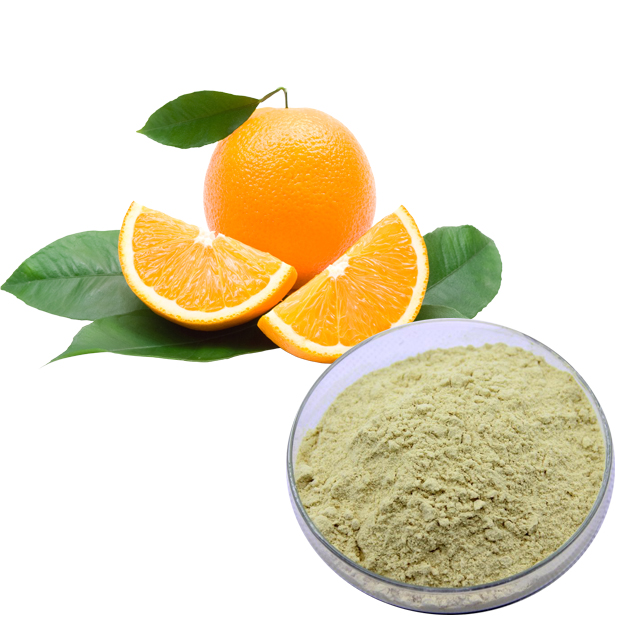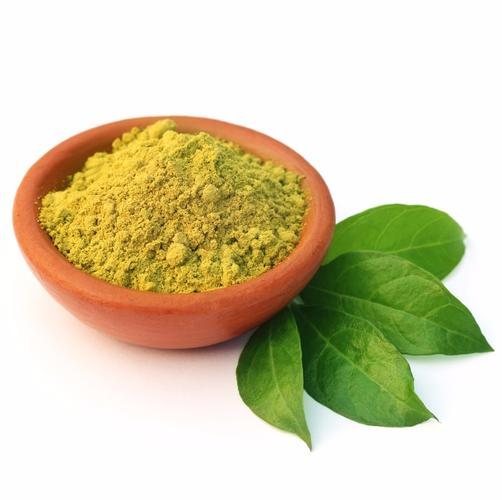Sorbitol: A Versatile Sweetener and Industrial Ingredient
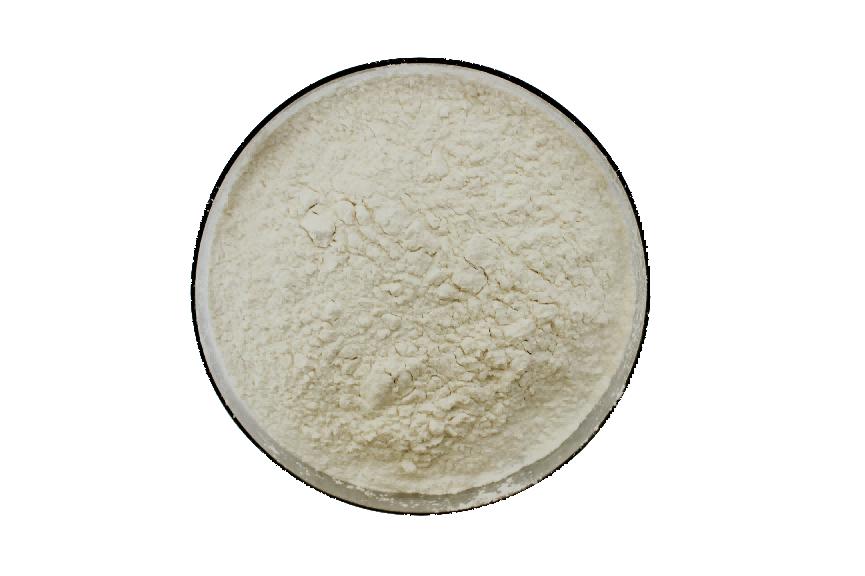
Applications in Food Industry
Sorbitol has a cooling sweet taste, about 60% as sweet as sucrose, and provides the same caloric value as sugars, but it is metabolized more slowly. In the liver, it is largely converted to fructose, making it suitable for people with diabetes as it does not cause spikes in blood sugar levels. Replacing sugar with sorbitol in products like ice cream, chocolate, and chewing gum can aid in weight management. Sorbitol is also a raw material for producing vitamin C, as it can be fermented and chemically synthesized into ascorbic acid. In the toothpaste industry, sorbitol is used as a glycerin substitute, with a typical addition rate of 5% to 8% in China (compared to 16% abroad).
In baking, sorbitol helps retain moisture and freshness, thus extending the shelf life of products. It also acts as a stabilizer for starch and a humectant and preservative for fruits. Additionally, sorbitol is used as a sweetener in sugar-free chewing gum, flavoring agent in alcoholic beverages, and a sweetener for diabetic foods. The typical addition rate in foods and beverages is 1.5% to 2% in China (up to 8% abroad).
Uses in Cosmetic Industry
In cosmetics, sorbitol is used as a softener, humidity controller, and lubricant. It is widely included in formulations for toothpaste, emulsions, mouthwashes, perfumes, and deodorants. Due to its superior antibacterial properties compared to glycerin, adding concentrated sorbitol solution to creams or lotions can enhance their performance.
Industrial Applications
Sorbitol's chelating ability with iron and copper ions is utilized in strong alkaline textile rinsing solutions. In formulations to improve the washability and durability of cotton fibers, sorbitol acts as a formaldehyde scavenger and a strengthening agent after decontamination. Sorbitan monolaurate, a derivative of sorbitol, is often combined with anionic surfactants as a dry-cleaning agent. The reaction product of sorbitol and epichlorohydrin with triethylenetetramine hydrazide stearate is used as a fabric softener.
In industries like leather, paper, tobacco, and metallurgy, sorbitol serves as a softener, metal surface treatment agent, humidity controller, and adhesive. It is also a component in antifreeze and developer solutions. Combined with glycerin in soft adhesives or cork adhesives, sorbitol improves mechanical strength and resistance to temperature and humidity. In alkaline etching solutions, sorbitol prevents the formation of hard shells on aluminum and aluminum alloys. Adding sorbitol to ink prevents precipitation at the pen tip, ensuring smooth writing.
Conclusion
Sorbitol is a multifunctional compound with applications spanning the food, cosmetic, textile, and various other industries. Its benefits, including a lower caloric content and compatibility with diabetic diets, combined with its versatile industrial uses, make it a valuable ingredient in numerous products.
Contact:James Yang
Tel/WhatsApp: +8619992603115
WeChat:19992603115
Email: sales@xabcbiotech.com


